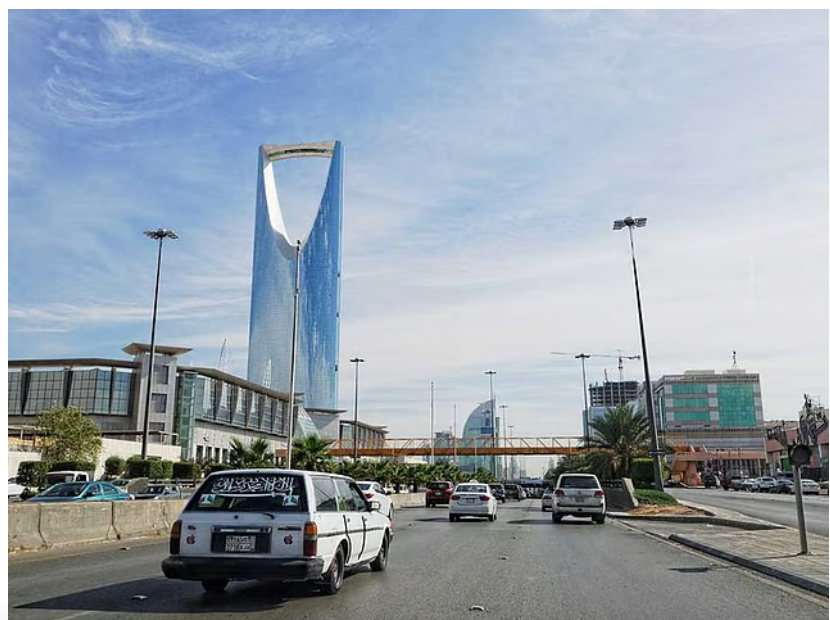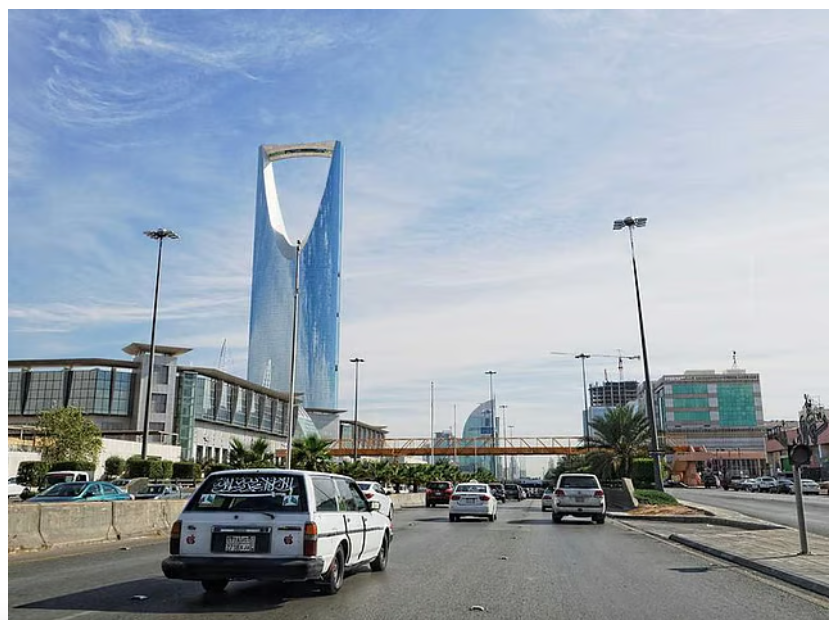A Historic Step Aligned with Vision 2030
In a bold pivot toward economic diversification and global investor appeal, Saudi Arabia’s Cabinet has greenlit a landmark law allowing non-Saudis to own property within the Kingdom—set to take effect in January 2026. This move echoes the spirit of Vision 2030, signaling a shift from oil dependency toward a robust, diversified real estate ecosystem.
Where Can Foreigners Buy?
Foreign ownership will be limited to designated zones, initially including:
- Riyadh
- Jeddah
- High-growth economic zones to be defined by the Real Estate General Authority (REGA).
More sensitive rules will remain for Makkah and Madinah, where purchases require stricter approvals and may be capped via investment in listed entities.
What’s the Process?
REGA has 180 days to publish executive regulations on the Istitaa consultation platform, mapping zones and detailing acquisition procedures . Once live, prospective buyers will navigate a process involving:
- Ministry of Investment approval for foreign/commercial purchases.
- REGA registration and licensing.
- Ministry of Interior clearance (for expats).
- Municipal building permits and notary documentation.
Who Can Buy?
- Expats already residing in Saudi.
- Foreign investors and firms based abroad.
- Premium Residency (the “Green Card”) holders, who gain rights similar to Saudis—including property ownership.

Conditions and Safeguards
To ensure balance and protect national interests, the law includes:
- Designated zones only.
- Ownership for residential or investment purposes.
- Special caps in holy cities, often via listed firms, plus possible 49% limits for listed investments.
- Mortgage limits: foreigners may access mortgages with lower LTV ratios (typically 70–85%) for up to 20–25 years.
- Transaction taxes and fees: including 5% Real Estate Transaction Tax (RETT), registration, notary, and broker fees .
Why This Matters
- Boosted FDI & real estate supply: Aimed at fueling urban growth and supporting megaprojects like NEOM and Diriyah.
- Infrastructure growth: Property development drives construction, finance, and service industries—real estate GDP jumped from ~6 % in 2023 to ~12 % in 2024 .
- Global competitiveness: Saudi now joins global hotspots offering foreign ownership—emulating Dubai’s success while maintaining stricter, country-specific protections .
- Premium Residency synergy: Combined with Saudi’s Green Card, foreigners gain pathways to long-term residency, homeownership, and wealth-building.
📅 What To Do Next
- Track Zone Maps & Regulations: Watch for REGA’s announcements on Istitaa within 180 days (~January 2026 deadline).
- Consult Local Experts: Legal and real estate advisors can guide you through approvals, financing, and compliance.
- Plan Finances: Account for taxes, down payments, and any financing limits.
- Keep Visa Status in Mind: Expats should check their Iqama status; Premium Residency holders may get better financing options.
🔚 Final Take
Saudi Arabia’s new property law is more than just a legal update—it’s a strategic opening. If you’ve been eyeing real estate opportunities in fast-growing Middle Eastern hubs, January 2026 is your date to watch. With zoning rules, structured processes, and careful planning, foreign ownership in Saudi could become a powerful gateway to residency and investment growth.



